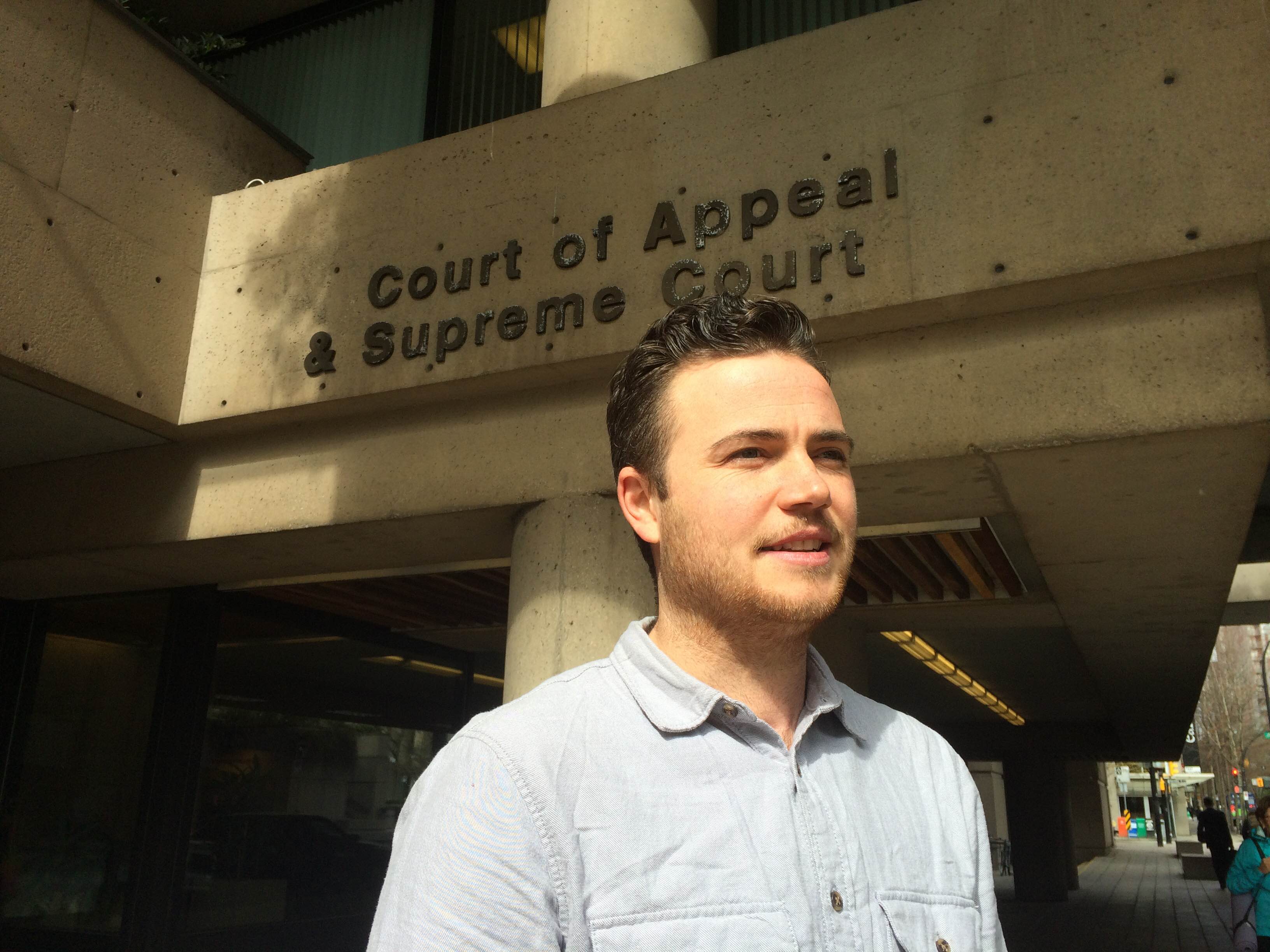Like this article? rabble is reader-supported journalism. Chip in to keep stories like these coming.
On September 6, the B.C. Supreme Court will begin to hear a case that could fundamentally change the nature of health care in Canada.
Dr. Brian Day, owner of Cambie Surgeries Corporation, is leading the lawsuit. The case challenges the core values that underpin Canadian public health care: That our access to care should based on need, not on our ability to pay.
It is difficult to overstate the threat this litigation poses to our health, equity, and economy. Put simply, if Day wins, many people in Canada won’t be able to afford health care and we will have to wait longer for treatment.
Day argues that the laws banning extra-billing and duplicate health insurance are unconstitutional. If those rules were struck down, what would that mean for you and me?
It would mean doctors could charge patients unlimited amounts for all procedures and services – from routine check-ups to hip surgeries.
It would also create an American-style system with parallel private care and insurance (putting private insurance companies in the position to deny patients health care coverage for basic services like visits to the emergency room or cancer treatment).
Wait lists in the public system would grow as doctors, nurses and other personnel are siphoned out of the public system into a growing and lucrative private tier.
The result? A deepening divide between those who can afford to pay for health care and those who cannot.
That is what is at stake in this case, but how did we get here?
For years Day’s clinics have been breaking the rules he’s now trying to change.
He launched the lawsuit after he learned his clinics were going to be audited by the B.C. Government. The audit was triggered by dozens of patients who complained that they’d been illegally overbilled at Cambie’s clinics.
An audit later revealed that Cambie had overcharged patients by almost half a million dollars in just 30 days. The audit also found $66,000 in overlapping claims — evidence that the clinics were double-dipping. A second audit report is pending.
Instead of paying back the money his clinics illegally overbilled, Brian Day marshalled a group of private, for-profit clinics to file a lawsuit against B.C.’s health care laws and attempted to have the audit temporarily or permanently quashed.
This case is being called one of the most significant constitutional challenges in Canadian history. It’s likely to go as far as the Supreme Court of Canada, but what happens in B.C. will be crucial. That’s why health care advocates and B.C. patients are participating directly at trial in B.C. Supreme Court this fall.
The B.C. Health Coalition, along with two patients, two doctors, and Canadian Doctors for Medicare have intervener status in the case. We represent the vast majority of people in Canada who believe our ability to get health care should be based on need, not ability to pay.
As interveners, we’ll be presenting expert evidence about the impacts of two-tier care on timely access to quality care.
But advocacy for real system innovation outside of the case is equally important. There’s no question that Day’s vision for Canadian health care would make waits longer for most, so what are the real solutions?
B.C.’s wait times for some surgeries are among the longest in the country. In recent years, they’ve gotten longer. There are proven public system solutions that would dramatically shorten wait lists for everyone, but it takes political will.
For example, the Richmond Hip and Knee Reconstruction Project reduced wait times from 20 months to 5 months by improving the scheduling of surgeries and recovery beds. Successful pilot projects like this should be taken province wide.
Providing adequate in-community health support to people who need it would be another way to shorten wait lists. Bed shortages are a major cause of waits in hospitals. In many cases, acute care beds are used as a “space of last resort” by people, often elders, who could receive more appropriate care elsewhere. Frail seniors who may need some support remain in hospital, at risk of secondary infection, because there is no where else for them to go. Providing improved, non-hospital care would make a huge difference to surgical wait times and to the quality of life for seniors across the country.
The Cambie case will be a reckoning for Canada’s soul. Do we want to be country that provides for people when they most need it — and is willing to do the work to make sure our system evolves to meet those needs? Or do we want to put corporate profit ahead of people in pain?
Rick Turner is the co-chair of the BC Health Coalition. You can join the “Save Canada’s Medicare System” group on Facebook for updates on this important case or visit savemedicare.ca
Like this article? rabble is reader-supported journalism. Chip in to keep stories like these coming.



